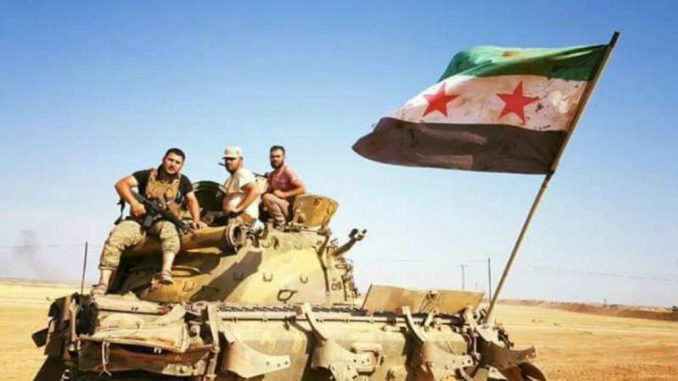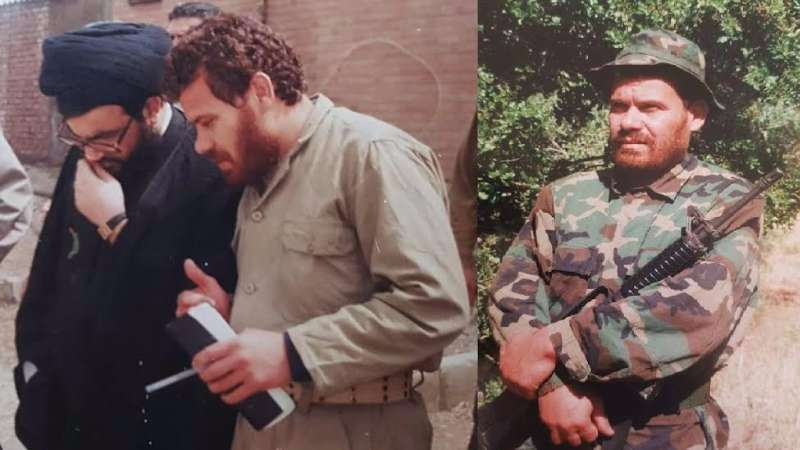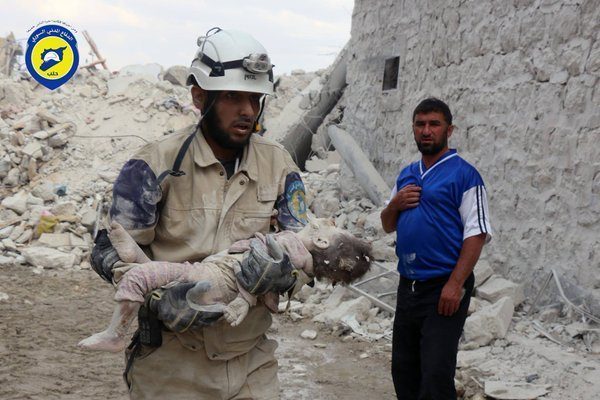
As the political Syrian opposition struggles to form its delegation to Geneva peace talks, the Syrian rebels decided not to take part in the next round of Astana talks after Russia failed to secure the ceasefire in Syria as promised.
Russia said it has a new plan for Syria peace talks which can be achieved with powers that have a real effect on the Syrian ground after its forces backed Assad regime to achieve many victories against the opposition and tilted the tide of war in his favor.
Russia, Iran, and Turkey said they were ready to help broker a Syria peace deal, and organized peace talks meeting in Kazakhstan on January 23.
The first day of the talks was focused on ways to strengthen the ceasefire. It ended with tension as both parts traded blames over truce breaches. In addition, the opposition refused to have direct negotiations with Assad regime.
The talks have ended with Russia, Turkey, and Iran making a joint statement about the consequences of the talks and agreeing on a mechanism to support a delicate ceasefire and to support a new round of peace talks in Geneva.
Rebels’ refusal
Russian Foreign Minister Sergey Lavrov said after Astana meeting that a tripartite mechanism was established by the three countries to monitor the cease-fire in Syria, and they will meet together two times to discuss it.
They met first at February 6 in Astana and Russia proposed two documents.
The first paper is a protocol to the ceasefire agreement focusing on conditions for the regime of cessation of hostilities as well as the parties’ responsibilities to ensure humanitarian access and to exchange of forcibly held persons. The second one is a statute on the reconciled settlement that is designed to stabilize the situation in besieged areas as soon as possible.
Another meeting was agreed on to discuss further the proposed document and implementing the ceasefire and will take place on February 15-16. However, the Syrian rebels refused this time to take part in this round of talks.
“The opposition factions will not attend Astana because the Russian side did not abide by what they agreed to before during and after Astana to uphold the ceasefire agreement,” Mohammad Al Aboud, a senior rebel official, told Reuters.
A second rebel official, speaking on condition of anonymity, said at most a handful of rebels might attend, but only if progress was seen in the next two days.
Rebels accuse Russia of failing to pressure the Syrian army and its Iranian-backed militias to end what they see as violations of the Turkish-Russian ceasefire.
Breaches of the ceasefire
Assad regime jets bombed recently rebel-held district in Homs and Idlib killing dozens of civilians people, in a clear breach of the truce and escalation before the upcoming rounds of peace settlements.
At least eight people killed in airstrikes on the rebel-held al-Waer neighborhood of Homs, the Syrian Observatory for Human Rights said on January 9.
The Syrian Civil Defence, a rescue service operating in rebel-held territory, did not give a figure, but said on its Facebook page that its center in al-Waer was hit, wounding a staff member, and that there were fatalities elsewhere including women and children.
The observatory said on January 7 that at least 26 people were killed and casualties were expected to rise as rescue workers searched for bodies under the rubble.
“Ten civilians, mostly women, are among the dead,” Rami Abdel Rahman, head of the monitoring group told AFP news agency.
The strikes also wounded scores of people and levelled several multi-storey buildings in residential areas of the northwestern city, according to witnesses, who told Reuters news agency that the extent of the damage and the debris bore the hallmarks of a Russian attack.
Video footage by activists on social media showed civilians, including young children, being treated in a main city hospital where the injured had been taken for treatment.
The Syrian crisis began as a peaceful demonstration against the injustice in Syria. Assad regime used to fire power and violence against the civilians and led to armed resistance. 450.000 Syrians lost their lives in the past five years according to UN estimates, and more than 12 million have lost their homes.



